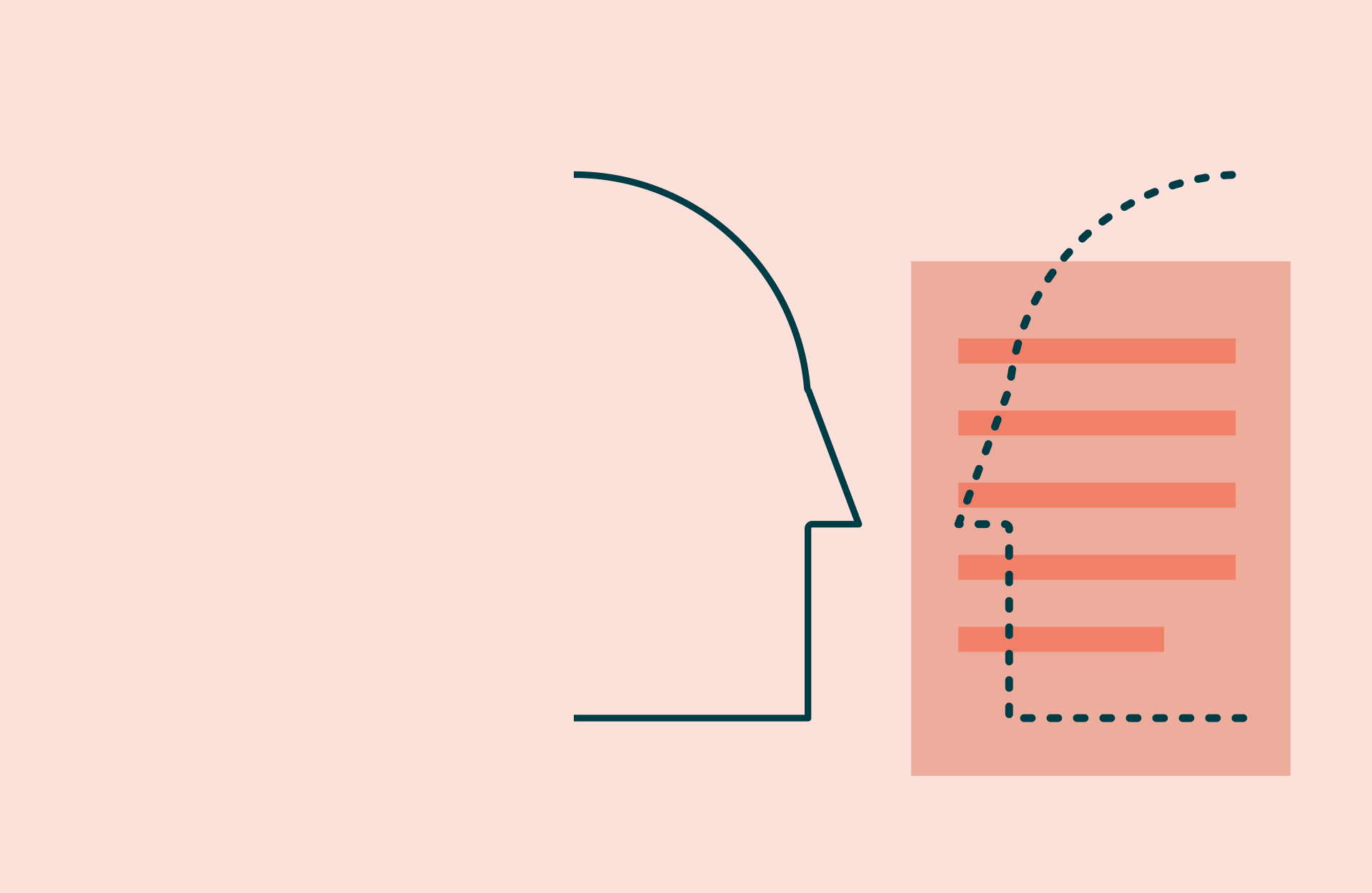Self-plagiarism—sometimes known as “duplicate plagiarism”—is a term for when a writer recycles work for a different assignment or publication and represents it as new.
For students, this may involve recycling an essay or large portions of text written for a prior course and resubmitting it to fulfill a different assignment in a different course. For researchers, this involves recycling prior published work and submitting it for publication to another journal without quotes or citation or acknowledgment of the prior work. Duplicate plagiarism, or “Submitting the same manuscript to multiple journals is widely considered unethical and would also likely constitute copyright infringement and violate the author-publisher contract of most journals” (Moskowitz, 2021).
The broader act of recycling one’s own work in some areas like scientific research, which the Text Recycling Project expands upon, is more nuanced; in research, work is often cumulative and builds on prior research. In those cases, researchers may engage in developmental recycling, generative recycling, or adaptive publication to publish later work or revise the writing for a broader audience—all while citing prior publication (Moskowitz, 2019).
How does it manifest in student work?Students who aren’t as familiar with this form of academic misconduct often don’t have a deeper understanding of academic integrity. Because they are reusing their own work, they may feel that this isn’t plagiarism or misconduct at all.
They may be stunned to find that they have, for instance, a higher similarity score when submitting to Turnitin, as it will match against a prior submission (their own). Students may then ask for that older paper to be deleted, not knowing they have engaged in duplicate plagiarism. In many cases, this is an opportunity to increase student understanding of academic integrity.
How does self-plagiarism impact academic integrity?Academic integrity entails honesty and original work. But it also includes a deep understanding of the importance of citation and academic respect. Even if the paper is the student’s own, the work ought to be original for that particular assignment; duplicate plagiarism is a short-cut solution that hampers learning.
For researchers, duplicate plagiarism (wholesale republication of entire papers without citation) violates copyright and can affect the impact factor of both journals and researchers. A decrease in the impact factor detrimentally affects academic reputation and future publication possibilities.
Ways to mitigate self-plagiarismWhile there are many instances of intentional duplicate plagiarism, most cases of self-plagiarism are unintentional and can be remedied with explicit instruction on the core principles of academic integrity, citation, and the prioritization of original work.
Many similarity check tools like iThenticate and Feedback Studio curtail self-plagiarism and also present learning opportunities to transform instances of plagiarism into teachable moments.
A more sophisticated understanding of academic integrity will help curtail self-plagiarism for both students and researchers. Researchers can mitigate the consequences of duplicate plagiarism by citing their previously published work. Having a deeper understanding of academic integrity avoids embarrassment and upholds learning as well as academic reputations.
Furthermore, designing assessments specific to your classroom can also help curtail self-plagiarism; when essay prompts are tailored to your classroom discussion, prior student work will likely not be relevant and be avoided.
We hope this post helps you on your academic integrity journey.




